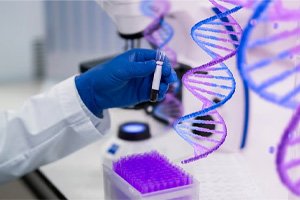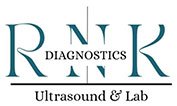Genetic Testing During Pregnancy

What is Genetic Testing?
Genetic testing during pregnancy involves analyzing a sample of the baby’s DNA (either from the mother’s blood, placenta, or amniotic fluid) to check for specific inherited conditions or chromosomal abnormalities. These tests help identify the risk or presence of disorders such as:
Down Syndrome (Trisomy 21)
Thalassemia
Tay-Sachs Disease
Cystic Fibrosis
Spina Bifida (with certain diagnostic tests)
Types of Genetic Tests in Pregnancy
1. Screening Tests (Non-Invasive)
These tests estimate the risk of genetic conditions but do not confirm them.
Non-Invasive Prenatal Testing (NIPT): A blood test that checks for chromosomal disorders like Down syndrome, Trisomy 18, and Trisomy 13.
First-Trimester Screening: Includes a blood test and ultrasound (nuchal translucency scan) between 11–13 weeks.
Quadruple Test: Blood test done in the second trimester to assess the risk of birth defects.
✅ Safe for both mother and baby
